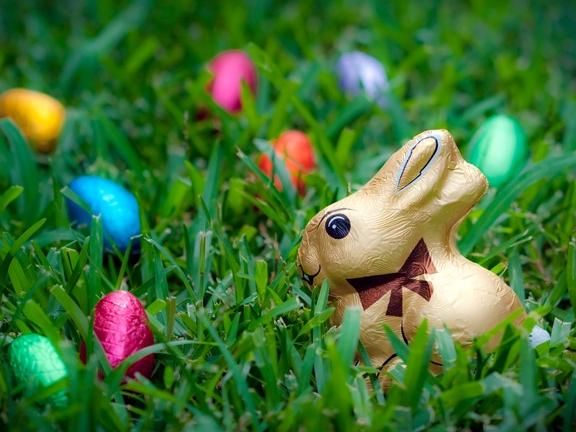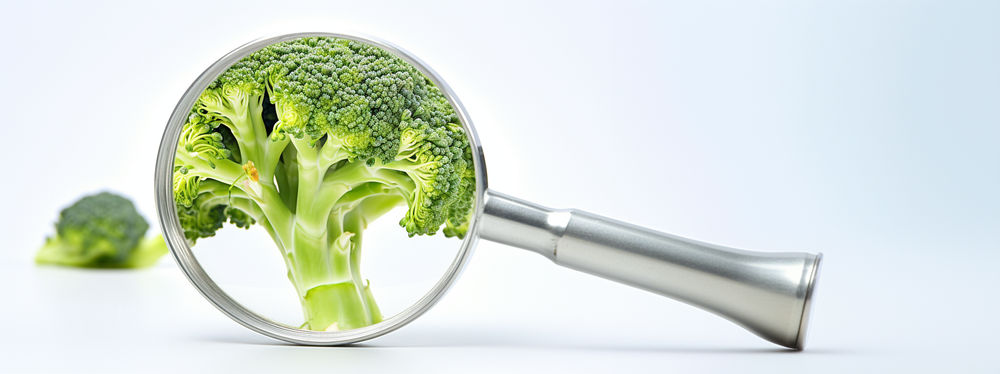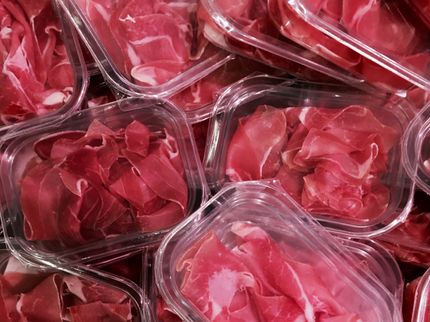Aluminum foil: the most beautiful garment for chocolate Easter bunnies
Aluminum foil gives character to rabbits
Advertisement
Easter without chocolate bunnies? Unthinkable. According to the BDSI, a good 239 million bunnies will be produced in Germany alone in the 2022 season. Of these, 119 million will remain in Germany, while the remaining 120 million chocolate bunnies will be exported. The bunnies are very different: small, large, milk or dark chocolate. But almost all of them have one thing in common - a garment made of aluminum foil. There are good reasons for this, and not just the look.

Chocolate easter bunny in tinfoil sits in grass
EAFA - European Aluminium Foil A
Aluminum foil gives bunnies character
Aluminum can be rolled into very thin foils - easily much thinner than a human hair. In this form, the material has extraordinary plastic properties. By applying gentle pressure, it clings tightly to contours of all kinds, such as chocolate Easter bunnies. In combination with a colored print, chocolate figures with character are created. No wonder chocolatiers rely on the popular film to showcase their delicate chocolate art.
But that's not all. "Aluminum foil has numerous advantages as a food packaging, from safety to recycling," emphasizes Patrick Altenstrasser of the European Aluminium Foil Association (EAFA).
The individual advantages in detail:
High food safety
As a metal, aluminum forms an absolutely tight barrier against bacteria, germs and sunlight, even in thin layers. This protects the product on the supermarket shelf as well as in the morning damp lawn when it is hidden away at Easter. At the same time, aluminum foil is literally child's play to remove to access the sweet contents.
Fresh taste
Tight packaging has a double benefit for chocolate Easter bunnies. Just as no germs can get to the chocolate from the outside, the material prevents gas exchange between inside and outside.
Why is this important? "Flavors and moisture volatilize in gas form," explains Patrick Altenstrasser of EAFA. "Due to the tight packaging, aluminum foil effectively prevents this. As a result, the chocolate stays fresh and edible for a long time." So it doesn't have to be consumed directly on Easter - also good news for anyone who had a big bunny in their basket.
Sustainable material
What's more, aluminum foil is a particularly sustainable material. Once extracted from ores, it can be recycled almost indefinitely. In 2019, more than 90% of aluminum packaging in Germany was sent for recycling.
To this end, the aluminum experts have a tip: reuse works best if the foil is crumpled up before disposal.
Light weight
Aluminum foil is lightweight. Two factors come into play here: One is the very thin layer, which literally hardly adds any weight. In addition, aluminum is a light metal with a much lower density than iron or silver. Even compared to plastic, aluminum foil can score points. This reduces the effort required for transport and thus lowers the energy requirements of logistics.
Aluminum foil: a success story for over 100 years
Anyone who gives their children a chocolate bunny for Easter today has probably held a colorful bunny in their hands themselves as a child. The patent for the production of aluminum foil for packaging purposes is over 100 years old. Many of the European manufacturers can therefore look back on a long tradition.
Consumers encounter the sustainable and safe packaging not only at Easter. Chocolate Santas also dress up in glittery garb. Incidentally, there are slightly fewer of these than chocolate bunnies - in 2018, there were 150 million Santas compared to 220 million bunnies. In addition, various trays, foils and outer packaging made of aluminum foil can be found for various purposes.
The European Aluminium Foil Association is the main industry association. In particular, it represents the companies that roll and rewind aluminum foil and produce semi-rigid aluminum foil containers and household foil in Europe. With its more than 40 members, the organization represents the entire aluminum foil market in Europe.
Note: This article has been translated using a computer system without human intervention. LUMITOS offers these automatic translations to present a wider range of current news. Since this article has been translated with automatic translation, it is possible that it contains errors in vocabulary, syntax or grammar. The original article in German can be found here.
Other news from the department business & finance
Most read news
More news from our other portals
See the theme worlds for related content
Topic world Food safety
Food safety is at the heart of the food and beverage industry. It ensures that the food we eat every day is not only nutritious, but also free of harmful contaminants. From field to plate, the industry monitors and regulates every step of the process with strict quality controls, advanced testing methods and continuous research.

Topic world Food safety
Food safety is at the heart of the food and beverage industry. It ensures that the food we eat every day is not only nutritious, but also free of harmful contaminants. From field to plate, the industry monitors and regulates every step of the process with strict quality controls, advanced testing methods and continuous research.



































































